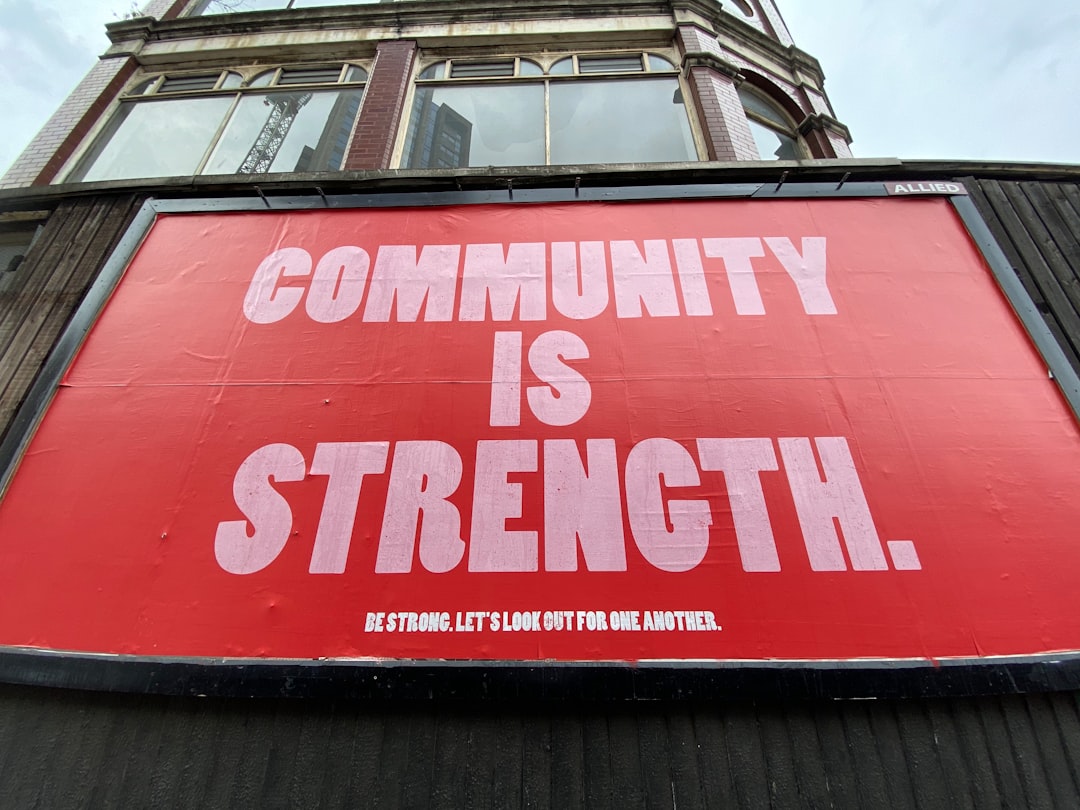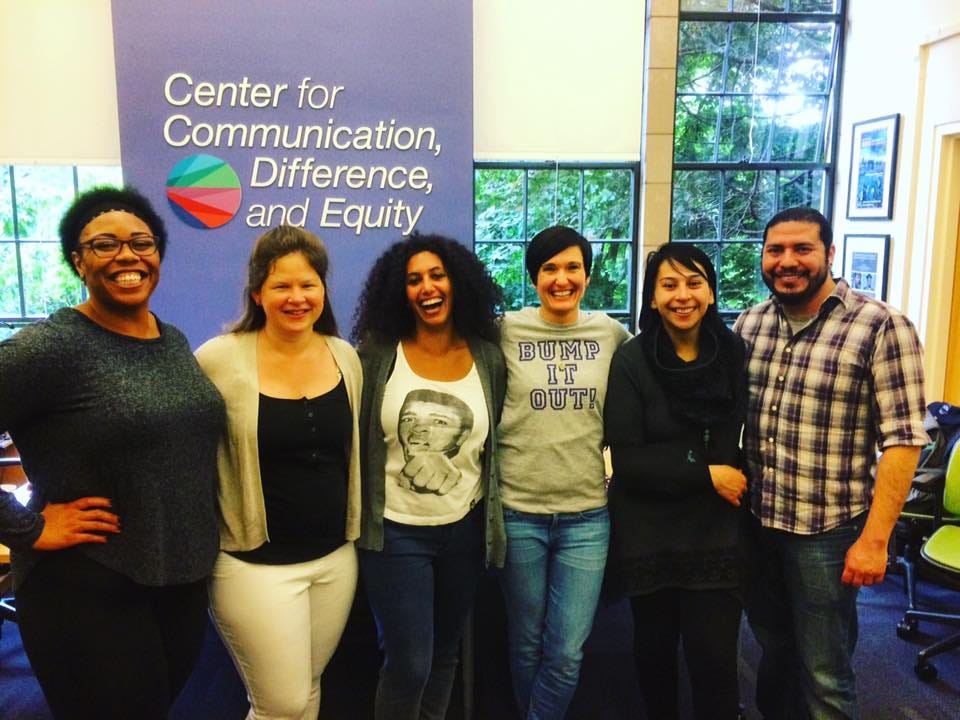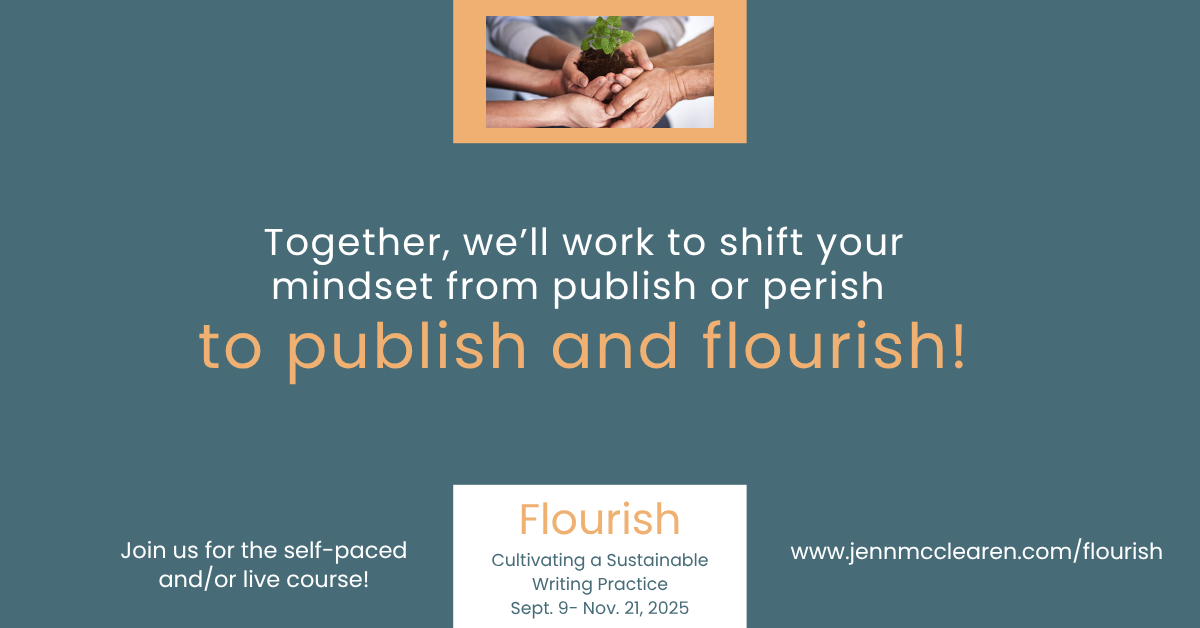Fostering Community, Transparency, and Vulnerability in the Academy
A Gem from the Archives!

Greetings, dear readers! Today I’m rewinding a piece from 2023 that feels more relevant than ever. I hope you enjoy it and my 2025 update at the end!
Academia can be a notoriously lonely place. Many of us toil away at our work alone and attempt to make progress towards our goals of graduating, getting a job, and achieving tenure without a community that understands the pressures we face. Much of our time feels like stumbling in the dark towards our goals unless we have strong mentoring or support structures embedded in our institutions.
The academy’s standards and processes are opaque and built to purposefully weed out those who “can’t cut it.” Many programs are reminiscent of hazing rituals in which only the "strongest," i.e., the most privileged, survive. Some graduate programs and tenure processes intentionally pit scholars against one another, discouraging collaboration and information sharing and increasing isolation.
People from historically marginalized groups, as well as first-generation college students, face additional challenges because the academy is built on white male culture, which privileges and mentors other white men and, to a lesser extent, white women. So many people of color are the "only ones" in their departments, and they face even more isolation when microaggressions pile on top of one another and the larger system is designed to keep whiteness in place. Many institutions have attempted to diversify in the aftermath of George Floyd's murder by hiring more Black faculty or admitting more students of color, but they have not addressed the lack of support or community our colleagues feel when they arrive.
Today I’m going to discuss two types of research writing groups that I belonged to while in graduate school. Neither of these groups was concerned with reading each other's projects and providing content feedback; rather, both groups recognized that the academy strategically separates us and fails to explain all of the game's rules to everyone. Both groups taught me a lot about the various stages of an academic career and how “paying it forward” is key to transforming the academy.
Communication and Difference Research Group
My mentor and a couple of other faculty members in my department began the Communication and Difference Research Group (CDRG) early in my graduate career. The group included MA and PhD students, lecturers, tenure-track faculty, and soon-to-be tenured faculty. Because the majority of us were working on solo projects rather than collaborative ones in the humanistic side of media and communication studies, the group was intended to provide community for people working on projects focused on difference, such as gender, race, and sexuality. (The group now includes folks doing more social science and collaborative research as well.) The CDRG included many people of color, queer people, and others for whom the academy was not originally built.
The main goals of the CDRG were to provide community and a safe space for scholars of all levels to learn from and support one another through their various positions in the academy. We met on a monthly basis to discuss our writing project progress, any challenges we were facing in terms of writing or navigating the institution, present research, and our goals for the coming months and years. At any given moment, the group consisted of 4–6 faculty and 6–8 graduate students. (And this group is still alive and thriving at my alma mater today!)

Importantly, the CDRG fostered a low-power dynamic and a sense of community among academics of various ranks and positions, including graduate students. I was an MA student when I first started at the CDRG. I learned about a PhD student's experience with comprehensive exams as well as the perspectives of assistant professors on their tenure and promotion processes while writing my MA thesis. This helped me to better understand the various stages of academic careers, from graduate school to tenure. In turn, I shared my experiences with those who came after me in the program. The CDRG also encouraged confidentiality so that we could hear firsthand accounts of navigating academia from various subject positions.
Faculty members sometimes withhold their challenging career experiences from their mentees and students. Many of us still struggle with imposter syndrome or try to project the impression that we have our shit together even when we absolutely do not. The CDRG taught me that transparency and honesty about academic pressures, challenges, and barriers are essential components of both peer-to-peer and professor-graduate student mentoring relationships.
The “Bump It Out” Writing Group
The CDRG benefited graduate students in our research area of the department, and in talking with friends from other departments while in graduate school, it was evident that so many folks needed community while working on their dissertations. In my last year of graduate school, a group of us started what came to be affectionately called the “Bump It Out” Writing Group (pictured below at my dissertation defense in 2017).
"Bump it out" simply meant to finish the dissertation, but I can't remember where the saying came from originally. We basically just started a chorus of "bump it out" whenever anyone needed to be reminded that a good dissertation was a done dissertation, which was often! We were a group of six dissertators who were from different departments and disciplines. We were all looking for community and support because most of us weren't finding it in our own departments and felt isolated.
We organized the writing group around the NCFDD's Dissertation Success Program, which included a series of recorded webinars on topics such as planning and organization, overcoming imposter syndrome and perfectionism, writing daily, and so on. We went over the webinars and discussed how we could apply what we learned to our own work. We didn't read each other's work, but we discussed our challenges, helped each other, and made the dissertation process clearer. We also had a weekend-long writing retreat once during the year.
I’ve always learned a lot from NCFDD webinars, but I think the most important aspect of Bump It Out was the community, camaraderie, and support we gave one another. That group was crucial to my writing success that year. It was incredible to be able to share that journey with a group of people who understood our struggles and celebrated our victories together.
From Writing Groups to Flourish (2025 Update)
The most important lessons I learned from both writing groups are the value of transparency, vulnerability, and community in navigating the various stages of an academic career. The same ethos is infused into how I interact with my peers, graduate students, writing coaching clients, and how I write this newsletter.
Some of my dear readers have mentioned that they appreciate PNP’s vulnerability because it gives them comfort to know that they are not actually alone. That vulnerability is intentional because I want you to learn from my struggles, feel solidarity in times of adversity, and feel joy in times of celebration. I also believe that transparency about how academia works is critical to increasing access for those who have traditionally been marginalized in our profession.
I am greatly indebted to both the CDRG and Bump It Out for teaching me about the kind of scholar, mentor, and colleague I wanted to be. When I graduated, I asked my rockstar mentor-advisor, who founded the CDRG, how I could ever repay her for her mentorship. She said, "Pay it forward," and that's exactly what I will continue to do in this newsletter and beyond.
These experiences with transformative writing communities directly shaped how I designed Flourish, my course on cultivating a sustainable writing practice. Like the groups that supported me through graduate school, Flourish creates a space where writers can be vulnerable about their struggles, celebrate their progress, and learn from one another's experiences. The course combines structured learning with the authentic community and peer support that made both groups life-changing for me. If you're looking for the kind of writing community that helped me "bump it out" and continue to flourish as a scholar, I'd love to have you join us.



